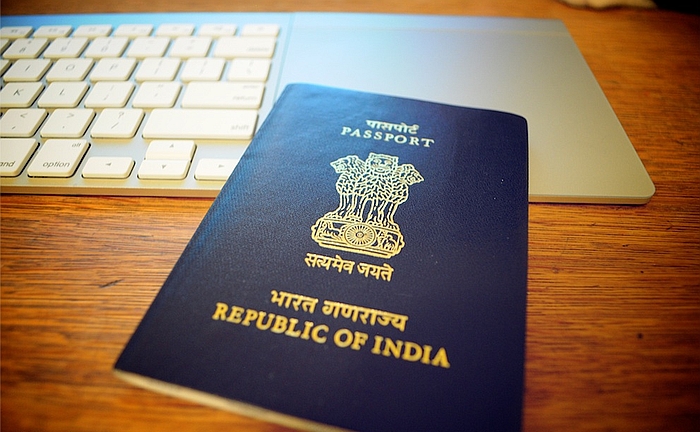NEW DELHI: If you were born in Nagaland, you won’t be able to apply for passport under ‘Tatkal’ category! And if you do get your passport under the general category, days later you may be called by the Nagaland Police to come to the state and sign some documents. Delhi entrepreneur Keshav Agarwal, 40, discovered this to his shock when he applied for renewal of his passport late last year.
Agarwal was born in Nagaland and studied there up to Class X. This army man’s son moved to Delhi in 1992 and has been living here ever since. He was issued a passport from Delhi without a fuss in 1998; that expired in 2008. Last year, he made some foreign holiday plans and wanted to renew his passport. It was then that he discovered his Nagaland connection coming in the way.
“I was told that I can’t apply for a Tatkal passport because I was born in Nagaland. So I applied under the normal category and was called to the Passport Seva Kendra at Herald House, ITO, for an interview. They included it in the ‘complex case’ category. And I wondered why now,” said Agarwal.
The Chittaranjan Park resident did get his passport within 15 days and he thought his troubles were over. But on Sunday, 20 days after he had received his passport, he got a call from Dimapur, Nagaland. He was asked to visit the special branch of Nagaland Police personally and sign a few documents.
“It’s ridiculous! I’ve been a Delhi resident for over 20 years and I’ve all documents like Aadhar and voter ID cards from here. In that case, why has my Nagaland connection suddenly become a problem? Also, why did they issue me a passport if verification was pending?” Agarwal asked.
The rule book says under the normal category, police verification happens before a passport is granted; under Tatkal, it’s the other way round.
TOI decided to do a reality check and visited the passport application portal, www.passportindia.gov.in. The FAQs section under the heading ‘Tatkal Passports’ has a line: “Mandatory pre-police verification cases such as Indian citizens of J&K and Nagaland would also need additional processing time”. However, a specific question later in the draft on whether people from Nagaland can apply has ‘No’ as answer.
That point is made clearer in the application form instruction booklet. It says that residents of the two states can’t apply under Tatkal.
A more careful reading shows that J&K residents who have lived outside the state for five years or more and who have valid migration certificates can apply under Tatkal. But “Naga origins residing outside Nagaland” can’t get this facility.
Why this special treatment for those from Nagaland at a time when the Modi government has been tom-toming its “inclusive governance” agenda? We checked with chief passport officer Muktesh Kumar Pardeshi. “It may be due to some specific intelligence input that this rule was instituted. Tell us more about this case and we could then find out what happened,” said Pardeshi over phone from Kochi where he reportedly held a media briefing on Monday on the recent successes of Passport Seva Project.
A senior official in the ministry of external affairs was also not very sure about the technical aspects of this rule. “It must have been there for years. In these cases we go by the perspective of the ministry of home affairs. They know the internal security ramifications. I can’t say anything off hand. Give me a day to find out more about this,” he said.
Agarwal wasn’t very convinced with the replies. “I can understand that there is a security issue involved. But is there any less insurgency in Manipur, Mizoram, Assam or Arunachal Pradesh than Nagaland? Don’t Meghalaya and Tripura also have potentially dangerous borders? Then why make Nagaland a special case?” he asked.
Nagaland insurgent groups reached a ceasefire agreement with the Centre in 1997 and since then the state has been relatively peaceful, barring a few instances. The same cannot be said about other so-called disturbed areas in the region. While the policy on Nagaland is official, people from other states of the northeast, barring perhaps Assam and Tripura, also face problems while applying for a passport, whether in their home state or in Delhi.
A Delhi University lecturer belonging to a northeastern state recalled some instances when people known to him applied for a passport in Delhi but faced a lot of problems. “It’s not that there is any policy that says ‘don’t give a passport to someone from the northeast’. In fact, no policy is cited when you get an adverse police verification report. But such things do happen, even when you have all the valid documents. We suspect that it’s because of our roots, but can never prove it,” he said. (Times News Network)
